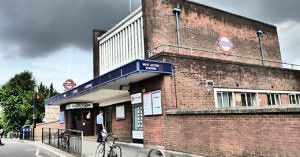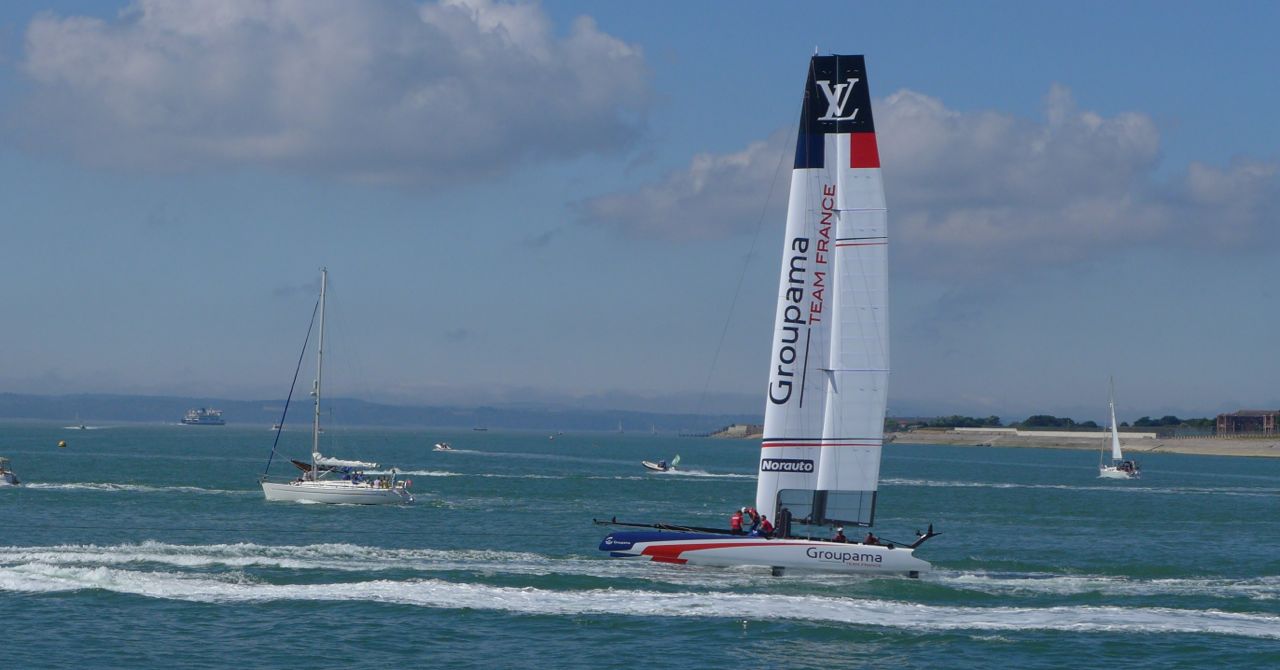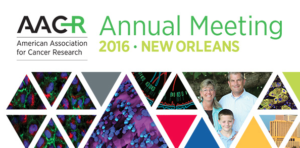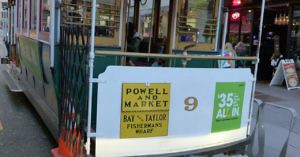One of the fun aspects of the American Society of Hematology (ASH) conference last month was interviewing several thought leaders and CEOs about the latest developments that were emerging rapidly almost every single day. Now, some medical meetings can be rather dreary if there’s no new or exciting data to pique the interest of the foot weary attendees, who tend to run on coffee and adrenalin for four days, but this ASH was rather different.
Looking at the program the first morning, I realised that I hadn’t felt so much anticipation since the 1999 meeting, when the phase I imatinib (Gleevec) data was presented in the plenary session by Brian Druker. This time around there was a lot of buzz in so many areas from CLL and NHL to myeloma and ALL, it was pretty exciting to run from session to and see many packed rooms filled with an air of expectancy. One evening, I hesitated at the top of an escalator and dithered over which of three very interesting sessions to dash to, as a bunch of researchers crashed into me all distracted by the exactly same dilemma!
If many of us could have made one request of the ASH organising committee it was clearly start offering a virtual meeting for all the oral sessions, something ASCO do incredibly well.
At ASH if you miss a presentation, it’s gone forever.
This is quite a pain if you really wanted to see the data from Agent X in CLL, Compound Y in CAR T cells and Drug Z in myeloma, as well as the one you actually attended. All those sessions ran simultaneously. It also means the sessions are still running at 7pm (yes, they were still packed even at that hour!) and many of us had an early start with 7am sessions or meetings.
The huge distances between rooms (#blisterruns), coupled with a stubborn insistence in putting almost all the oral sessions on Monday and Tuesday, together with long waits between interesting sessions over the weekend, makes for a very frazzled and disjointed schedule. Patience and stamina are the name of the game here.
Here we highlight our latest thought leader interview on CAR T cell therapy.
To learn more about these sentiments and insights, subscribers can log-in or you can purchase access to BSB Premium Content below…
This content is restricted to subscribers
 The original Journal Club post slated for today will appear next week instead.
The original Journal Club post slated for today will appear next week instead.
 Late this afternoon, Juno Therapeutics ($JUNO) announced (
Late this afternoon, Juno Therapeutics ($JUNO) announced ( One of the hot topics at the forthcoming
One of the hot topics at the forthcoming  It’s Tuesday at the 2016 JP Morgan Healthcare conference in San Francisco (Twitter #JPM16).
It’s Tuesday at the 2016 JP Morgan Healthcare conference in San Francisco (Twitter #JPM16).